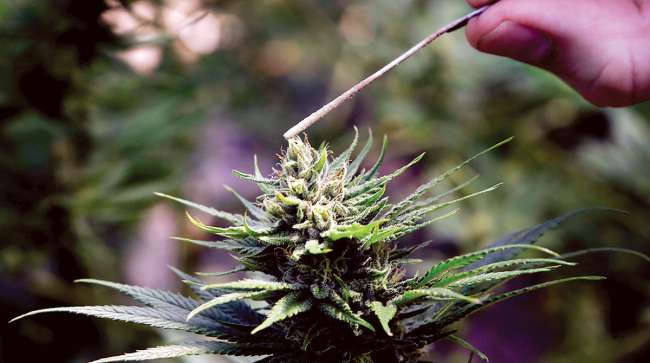Senior Reporter
Federal Appeals Court Sends Idaho Hemp Suit Back to State Court

[Stay on top of transportation news: Get TTNews in your inbox.]
A federal appeals court has sent an appeal in an Idaho hemp civil lawsuit back to a state court, deciding to abstain from a ruling on whether to return to the owners a 6,700-pound load of hemp seized en route from Oregon to Colorado by Idaho State Police earlier this year.
In a Sept. 4 memorandum, a three-judge panel for the 9th U.S. Circuit Court of Appeals said it was using the so-called “Younger abstention” doctrine to not get involved in an ongoing state “in rem forfeiture” lawsuit filed by Big Sky Scientific of Colorado, the owner of the load.
However, the appeals court panel noted it will retain jurisdiction over further proceedings in the case.

Pianka
“The 9th Circuit is saying that the federal courts should abstain for now on the assumption that the Idaho state court will decide this issue in a case that’s already moving along,” said Rich Pianka, deputy general counsel for American Trucking Associations. “The Younger abstention idea is when a state court is already hearing a claim, a federal court shouldn’t come in and step all over it. They should let the state court do its business.”
The case has quickly made its way from state and lower federal courts to the appeals court, with the panel hearing oral arguments from attorneys for Big Sky and the Idaho State Police on Aug. 28. During the oral arguments the judges questioned whether they should even be involved with the case, but gave truckers few hints about how, or when, the court might offer clear guidance for truckers confused over whether a new federal law legalizing hemp currently permits the interstate transport of the substance.
That never happened. So far, the case continues to leave truckers mostly confused, largely because the Idaho arrest came only a month after Congress passed the 2018 Farm Bill that legalized the growing and interstate transportation of hemp. The approval also took the substance off the federal Schedule I list of illegal drugs.
Despite passage of the federal law, the legality of the interstate transportation of hemp has remained unclear because the U.S. Department of Agriculture has yet to translate the law into a slate of regulatory requirements. An interim final rule that could clear up the industry’s confusion is expected to be published by the end of this year. If that happens soon, it could make the legal issues moot.
The farm bill dictates that for hemp to be legal, the concentration of THC, or tetrahydrocannabinol, the compound responsible for the psychoactive effects of hemp and marijuana, cannot be more than 0.3%.

